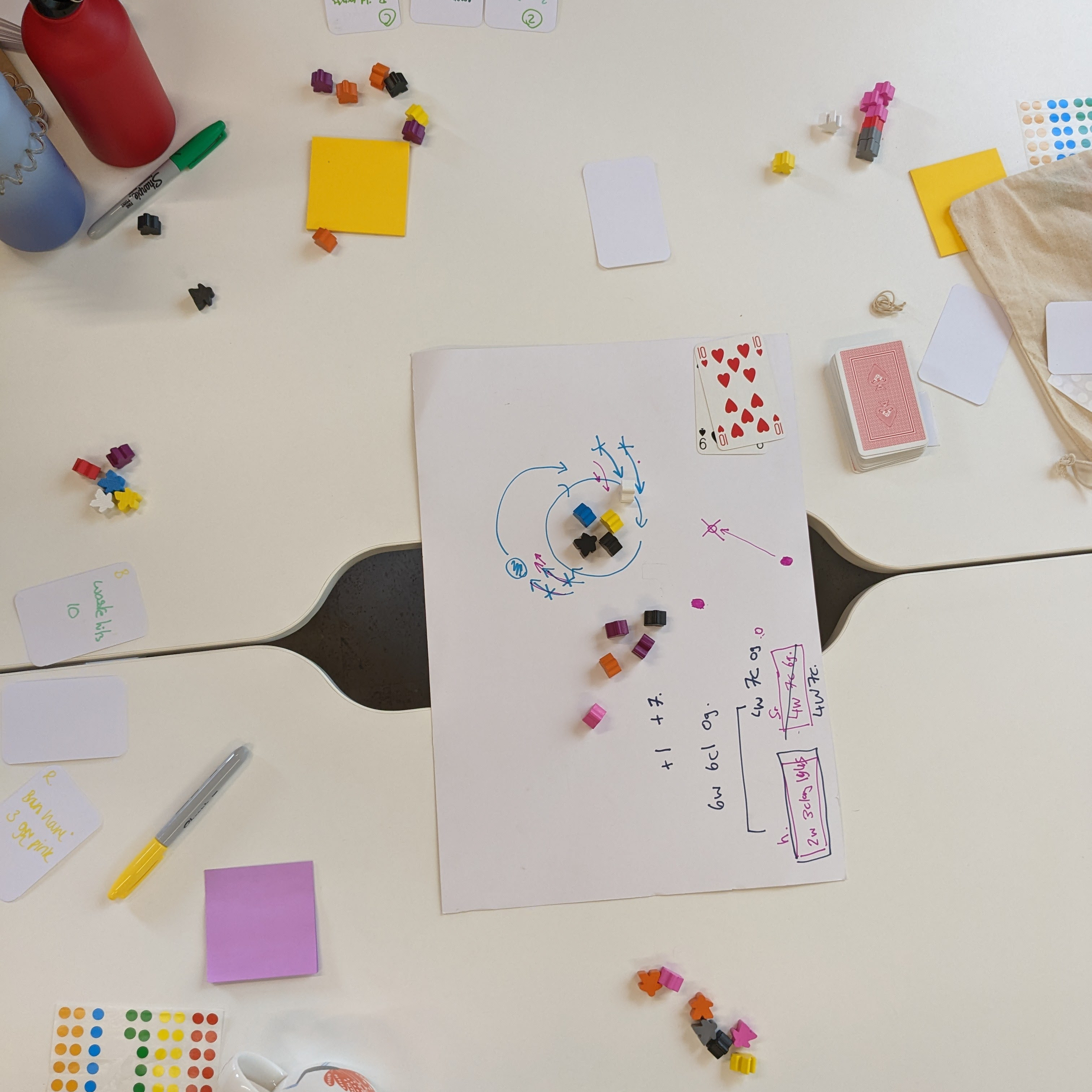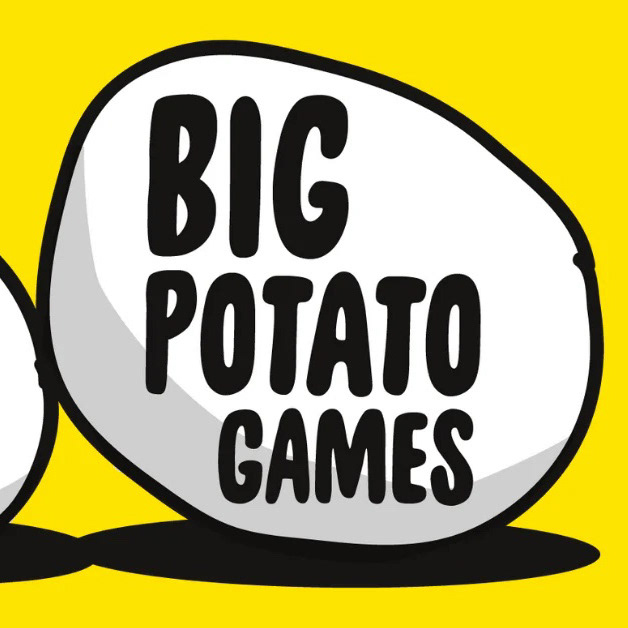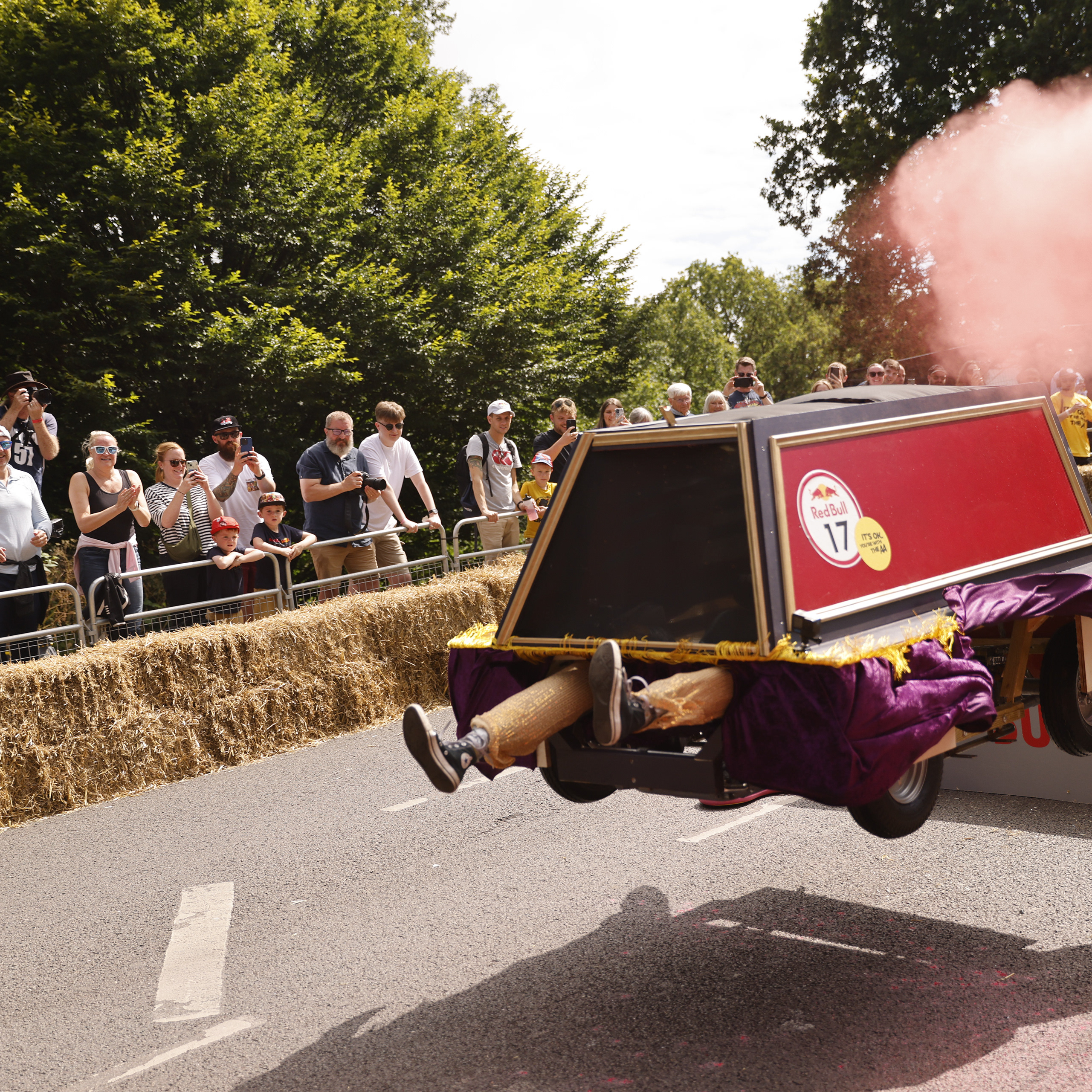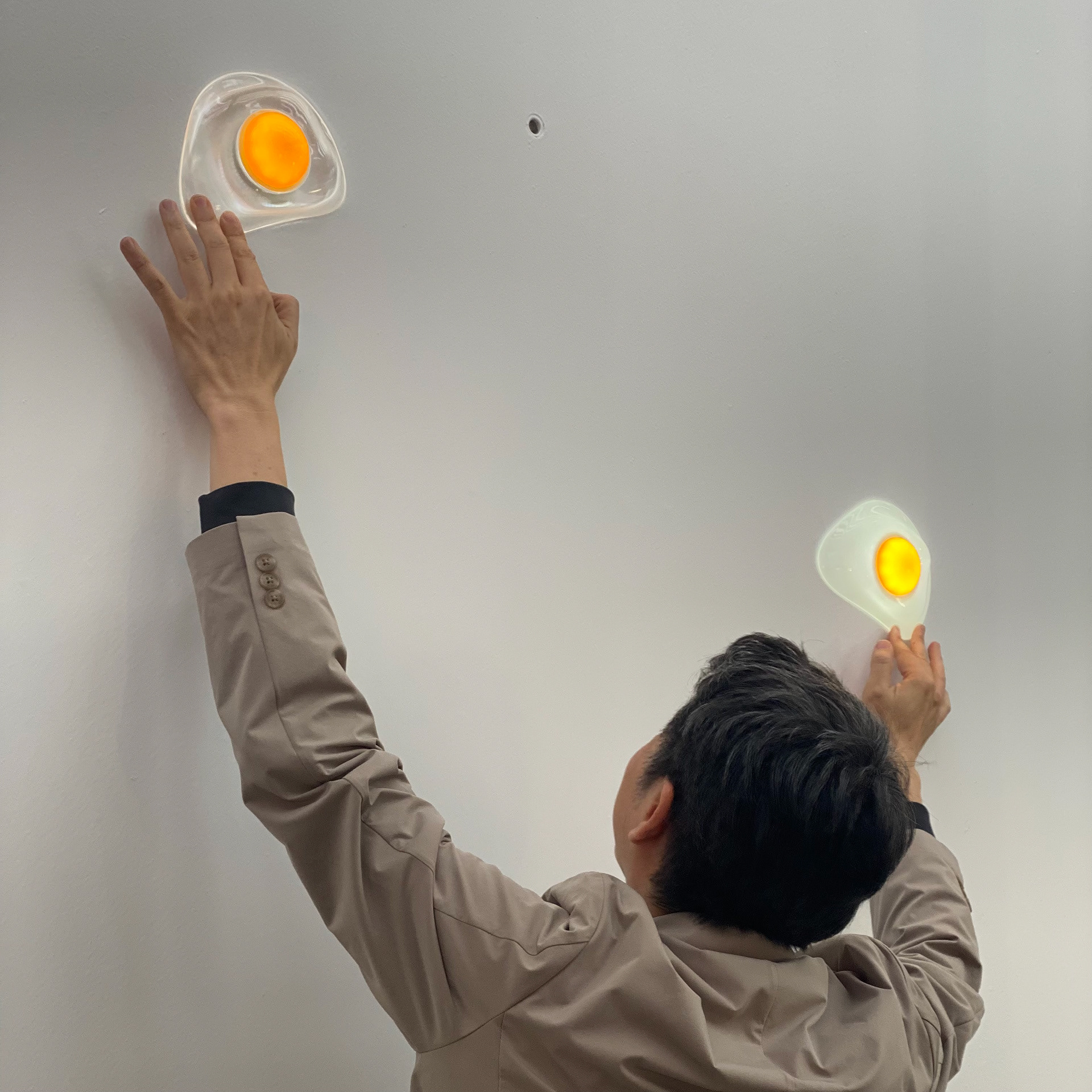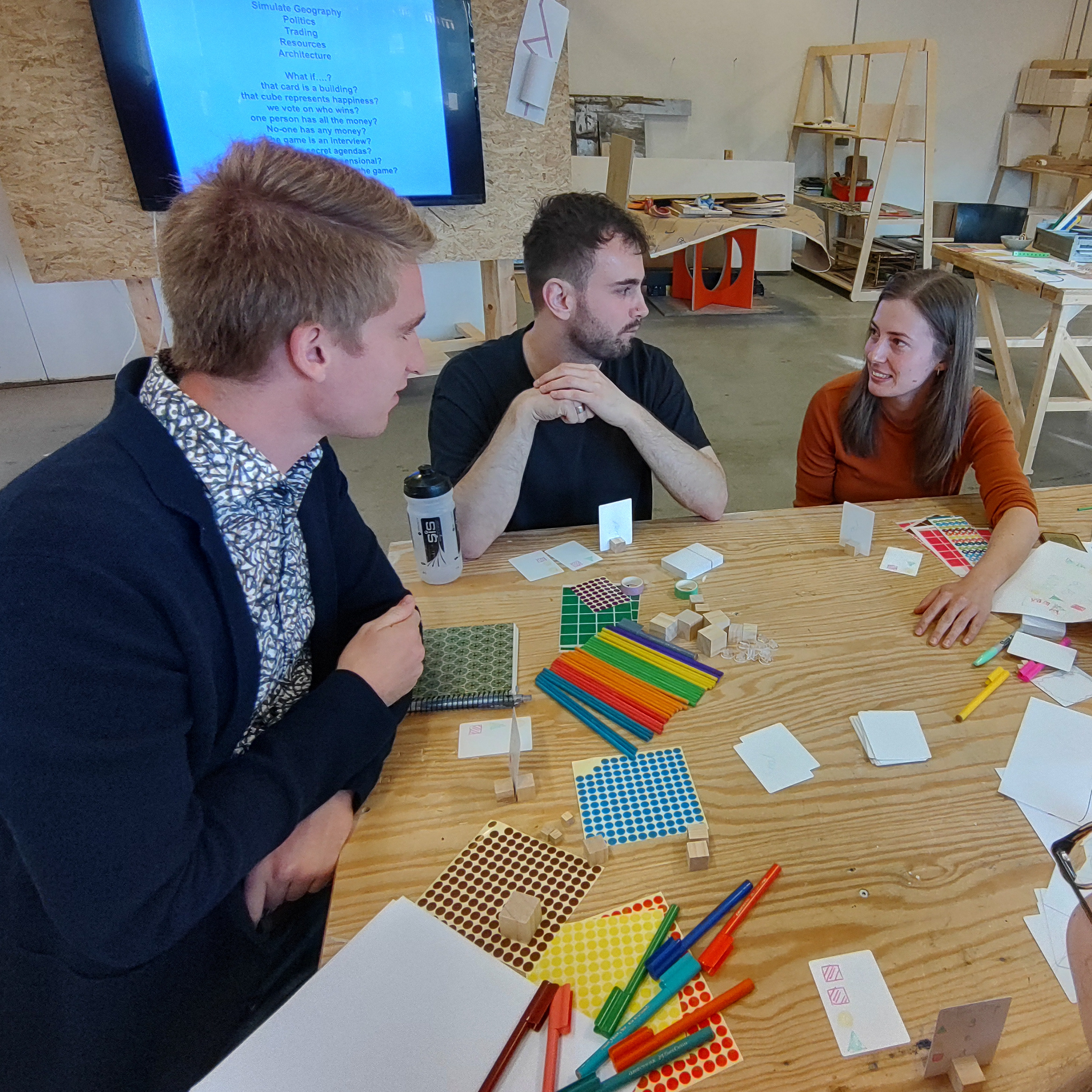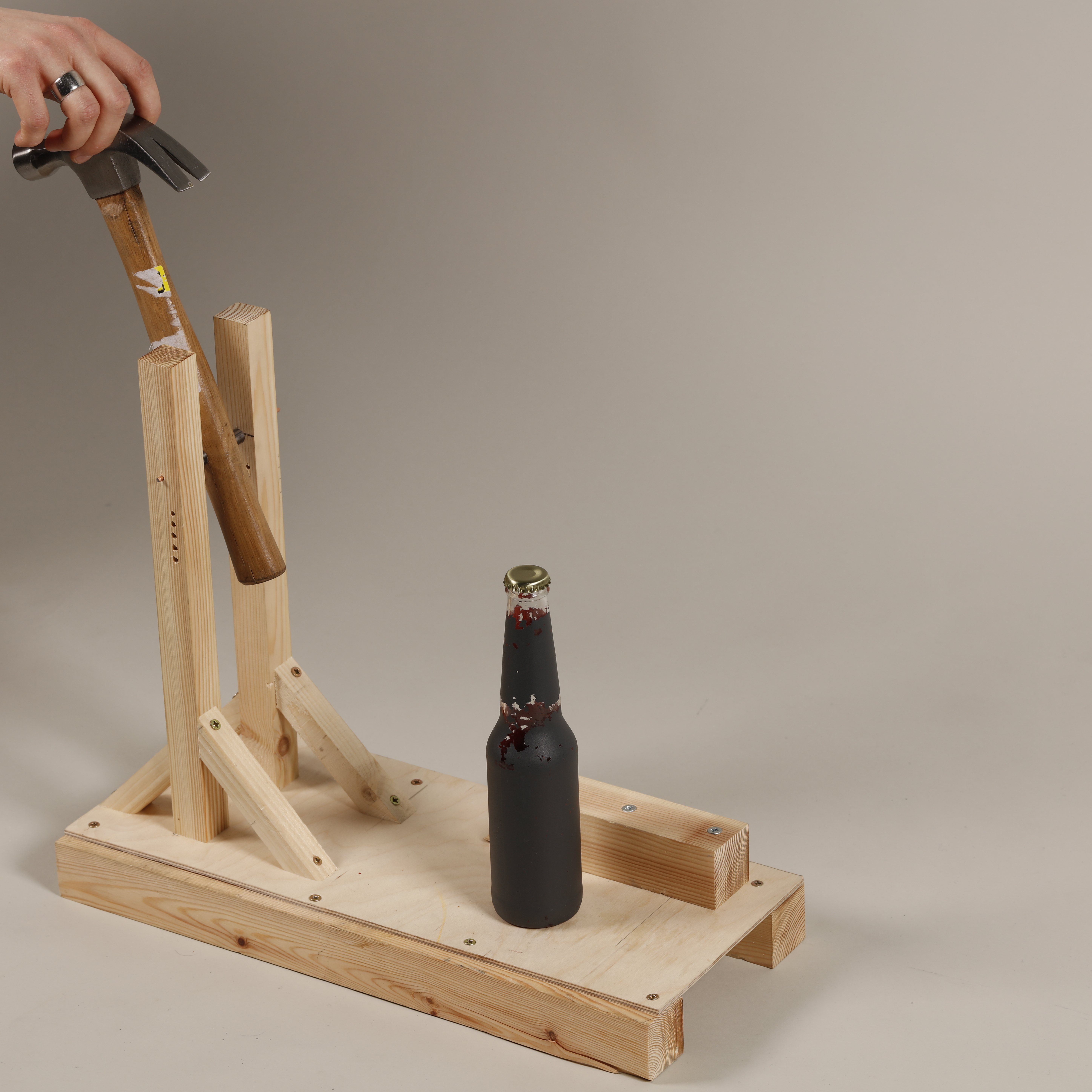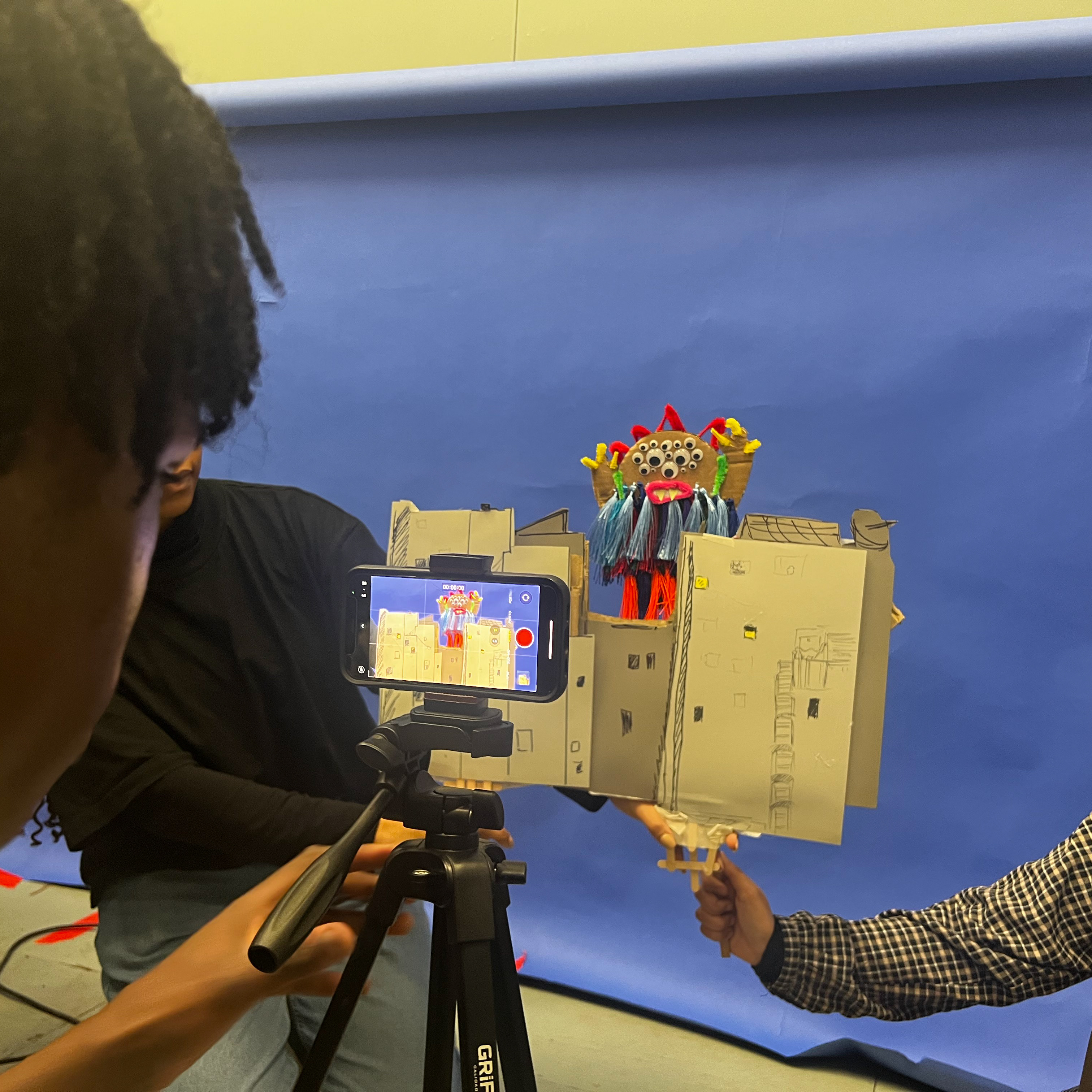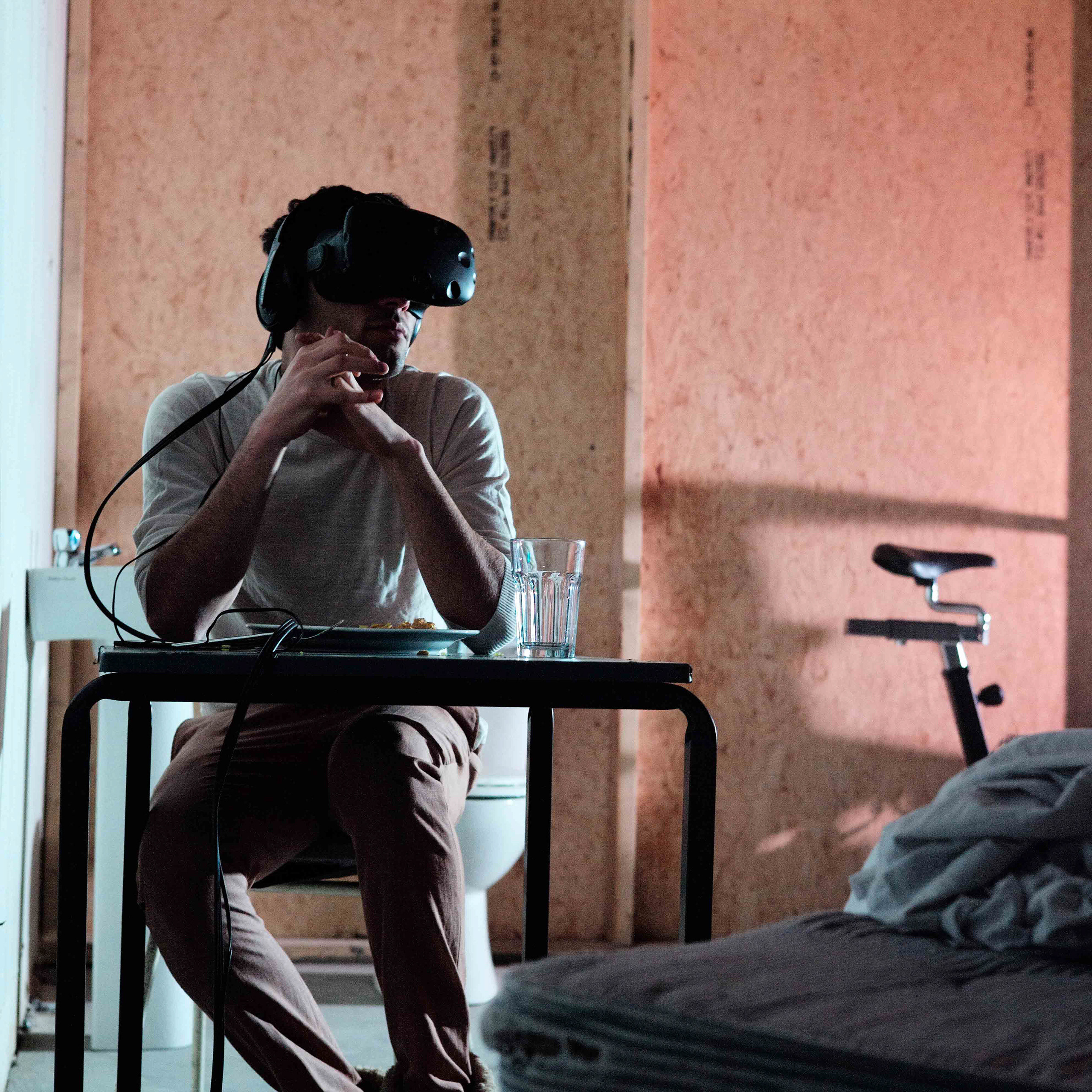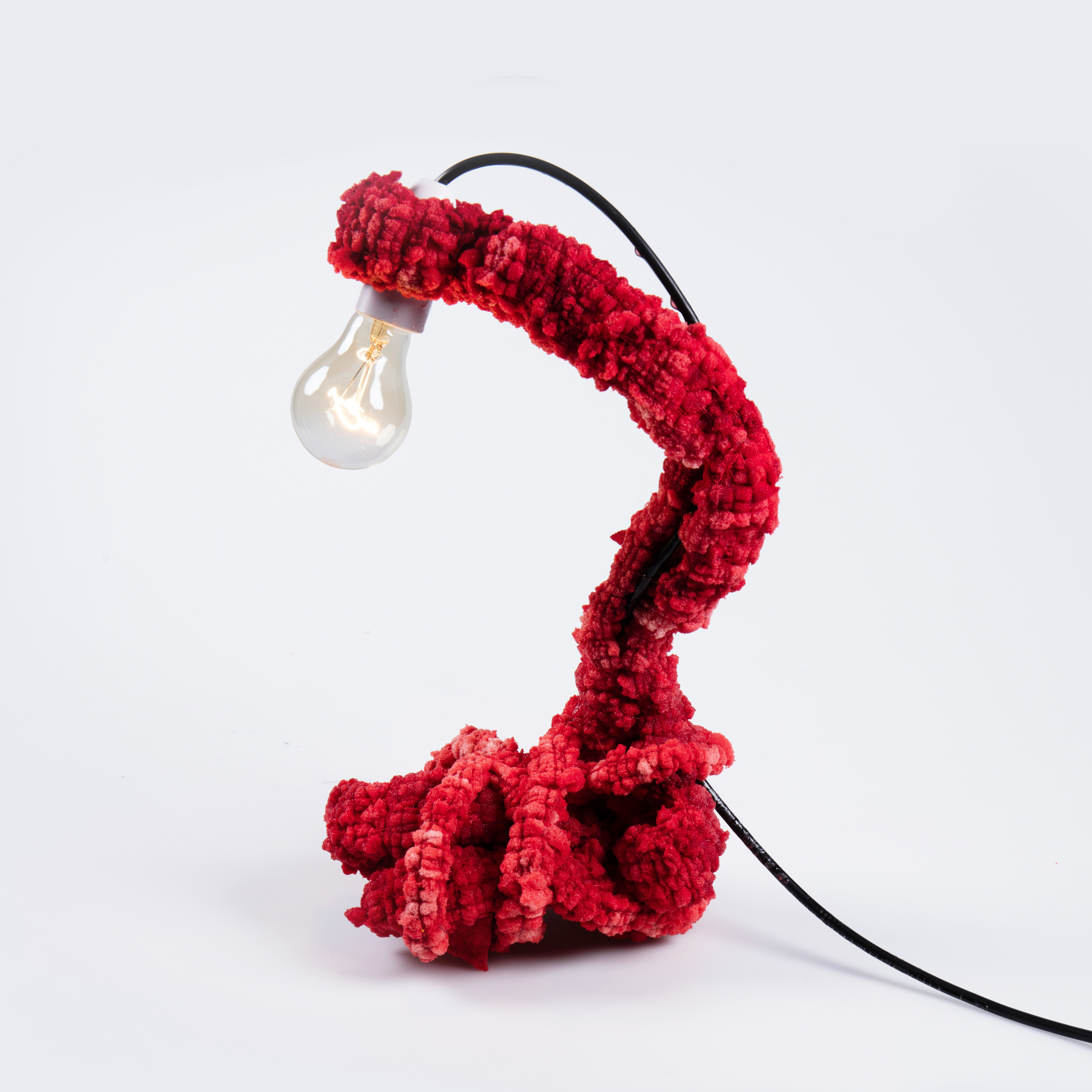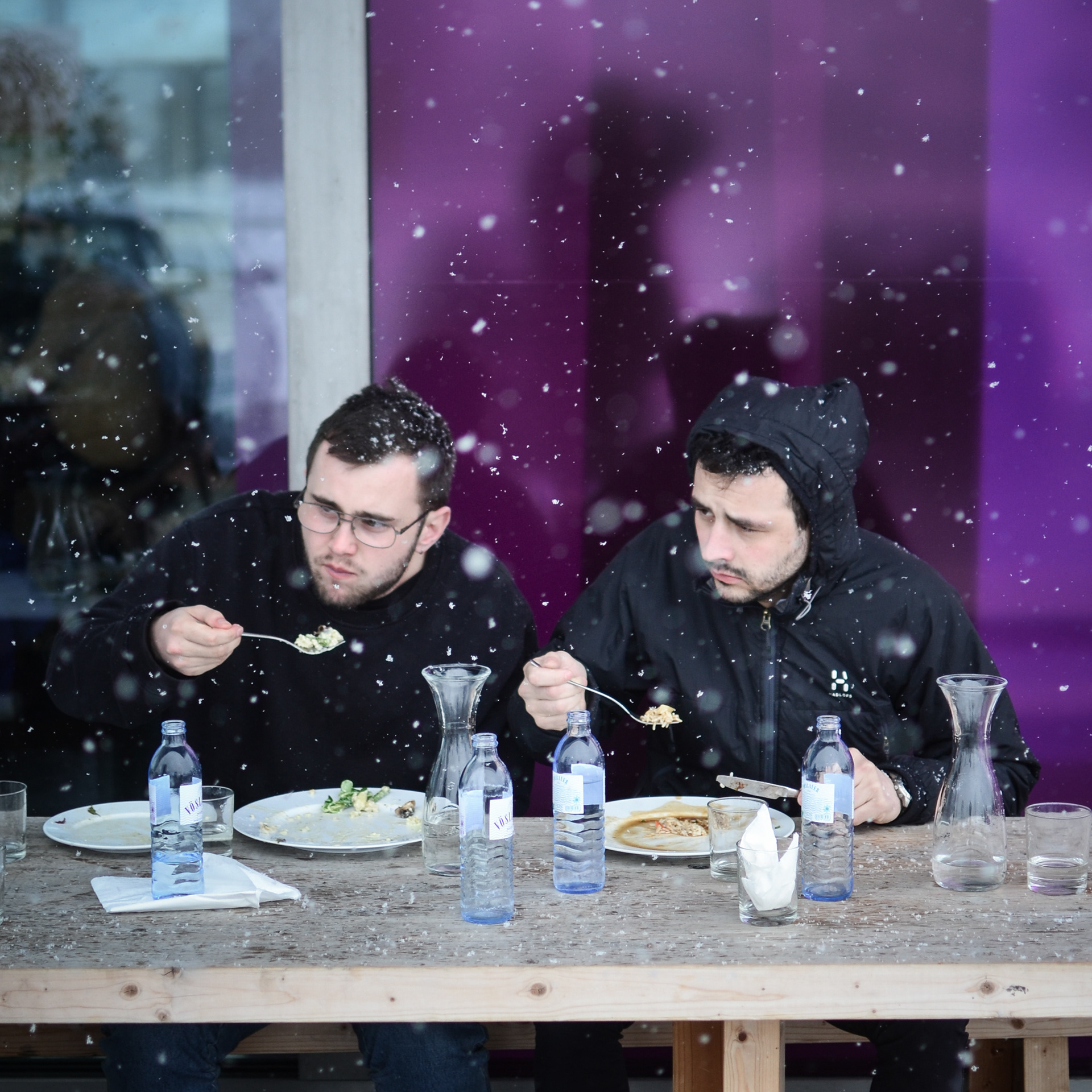This project was both a collaboration in research as well as production. I met Ivan Maslarov, who developed the graphic design and illustration of Spring which is a board game.
I approached the the East Anglian Rocketry Society with an initial interest in outer space, but left with a strong impression of the community involved. I wrote down the unwritten rules of the group, to start to understand how the group operated. These rules became the foundation of the game Spring.
After discussing the ethics with John (below), the sixth was removed.
In my game, Spring, the players are a biological activist group of the same name. They move around the city spreading seeds and growing plants, with the objective of making the entire city overgrown. The BCU (Biological Control Unit) is moving around the city destroying what they've grown and is the embodiment of risk which forces the collaboration amongst the players.
